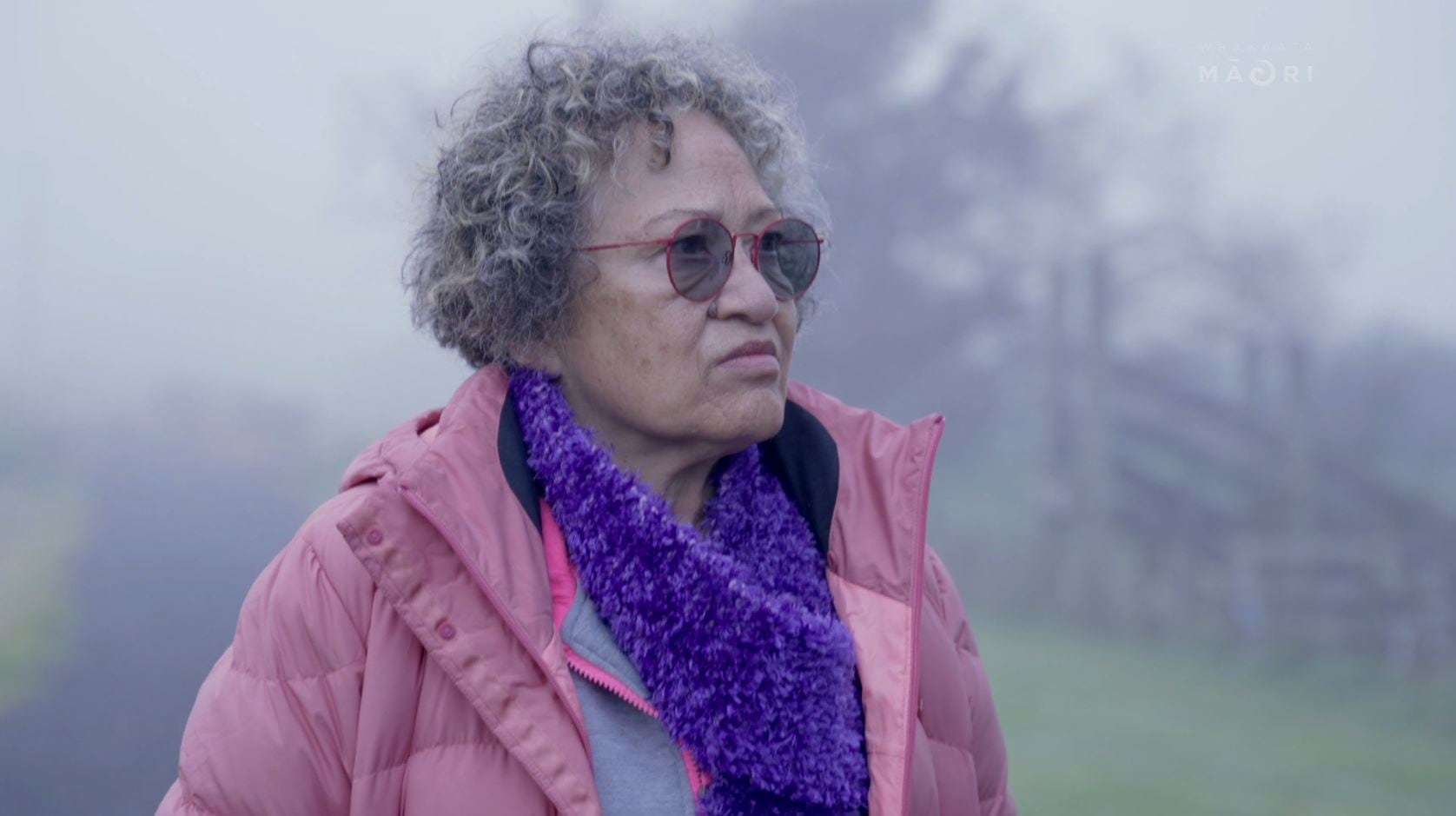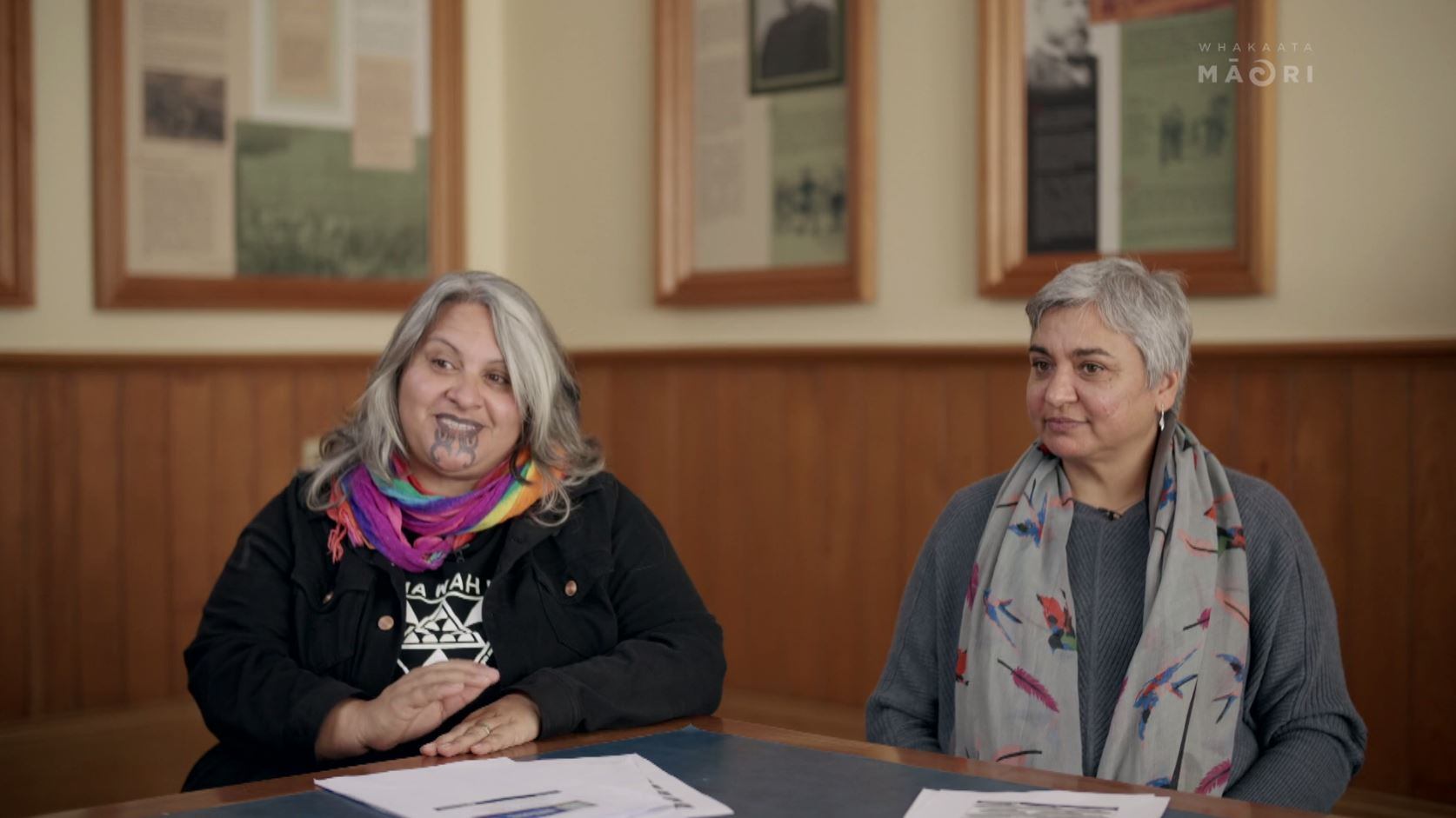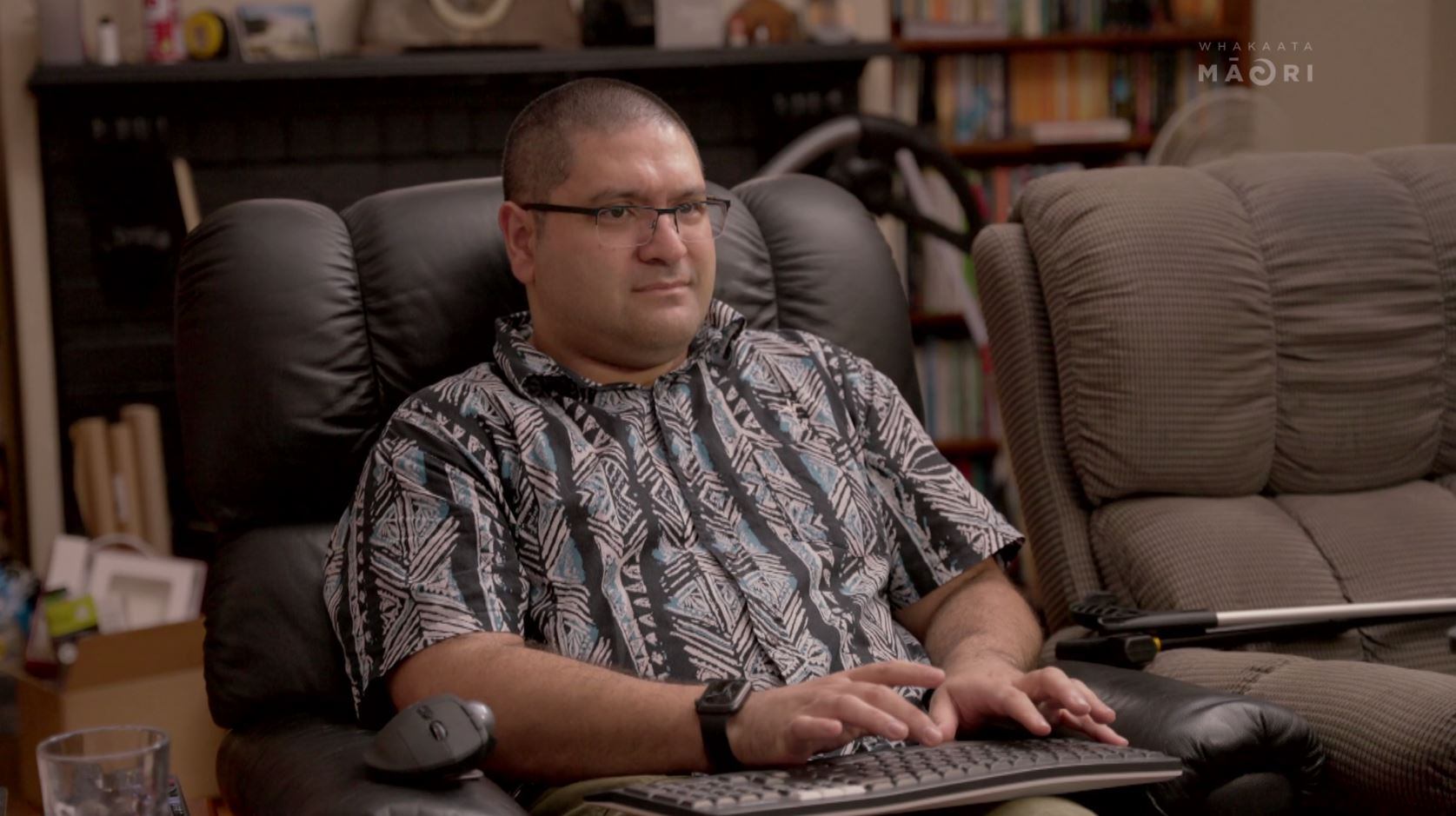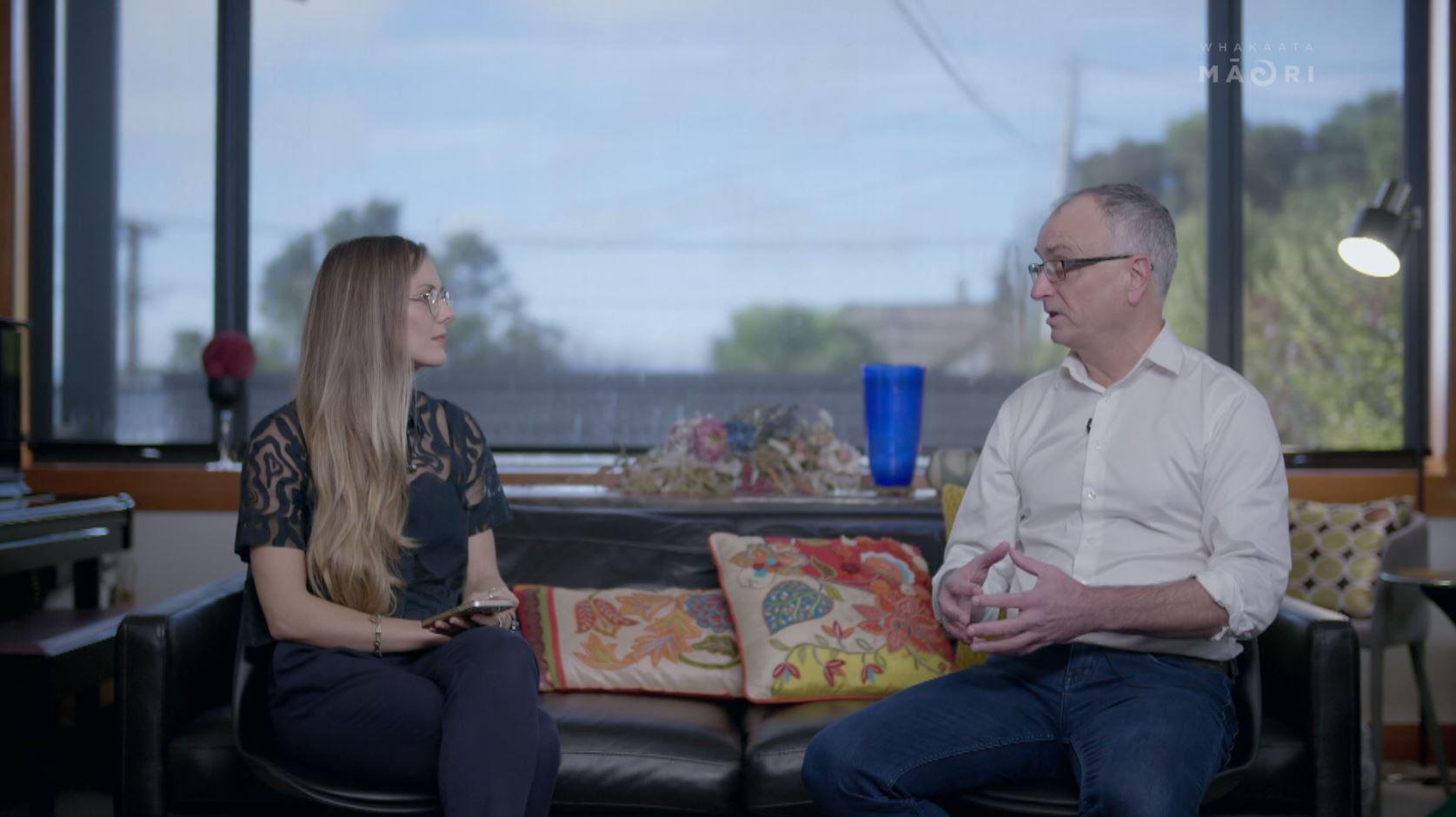For the past nine years, 66-year-old Maria McBirney (Ngāpuhi, Tainui, Kūki Āirani) has woken up early and gone for her daily walk.
“I probably cover about four rugby fields. It might be bigger,” she said.
But ever since she caught Covid in March, her morning walks have become a struggle. She now gets breathless about halfway.
It’s not the only physical change McBirney has noticed in her body since getting Covid - she gets dizzy spells, needles in her legs, headaches, brain fog and fatigue.
She also can’t taste or smell her food.
But the most debilitating symptom she is experiencing at the moment isn’t physical. For McBirney, it’s the depression.
“It comes really fast and then it disappears … You’re trying to dig yourself out of this dark hole, and it’s horrible,” she said.

Maria McBirney. Source: Te Ao with Moana
The dark shadow of long Covid
McBirney is one of a number of people in Aotearoa who caught Covid months ago but is still struggling to recover.
For those who are still showing symptoms after three months - and when other discernible causes have been ruled out - the condition is being described as long Covid.
While the medical community is in agreement that long Covid exists, questions remain over how prevalent long Covid is: estimates range from 5 percent of Covid cases to 50 percent.
It’s a condition that researchers Dr Lynne Russell (Ngāti Kahungunu, Rangitāne, Kāi Tahu, Ngāti Porou) and Dr Mona Jeffreys of Te Herenga Waka Victoria University have been monitoring closely as part of a wider study for the Ministry of Health about the impacts of Covid-19.
While the physical impacts are clearly uncomfortable, many of the study’s participants also spoke of continued mental distress. Russell said these facets were interlinked.
“Identity is such an important part of who we are, particularly as Māori, knowing who we are, where we fit into the world, how we relate to everybody around us.”
“Covid is changing that for people. It's changing who they are within their family structure. Roles that people might have played before - that were big - they're not physically able to do anymore.”
“So they start to wonder where their place is in the world.”

Dr Lynne Russell and Dr Mona Jeffreys of Te Herenga Waka Victoria University. Source: Te Ao with Moana
Lack of knowledge in the medical system
Another issue Russell and Jeffreys identified was difficulties with medical professionals, with many patients reporting their GPs were reluctant to give a long Covid diagnosis, and often unsure how to progress when patients reported continuing symptoms, even when their lives were being significantly affected.
Dr Filipo Katavake-McGrath (they/them, Ngai Tahu, Kāti Huirapa, Ngāti Raukawa ki te Tonga, Te Atiawa, Ma’ufanga, Mu’a) said it took four to five different doctors to get a long Covid diagnosis.
A once-healthy 40-year-old, Katavake-McGrath now needs a walking stick to move more than 10 metres.
In the end, it was Katavake-McGrath’s GP who made the call.
“He looked at all of my notes going, ‘So all this other stuff has come back fine, but these are your symptoms’. And I think he just made a line call and said, ‘this is long Covid,” Katavake-McGrath said.
It was reassuring for Katavake-McGrath, because it gave them something to work with.
“It gave me something to say: right, I have this, what are the things I can do about it?”
But in the same conversation with their GP, Katavake-McGrath said their doctor admitted that the medical fraternity still doesn’t have a lot of information about long Covid.

Dr Filipo Katavake-McGrath. Source: Te Ao with Moana
Accepting long Covid is real
Medical Director of the Royal New Zealand College of General Practitioners Dr Bryan Betty said one of the problems with long Covid at the moment is that it was ill-defined.
There also isn’t a clear, definitive test for it yet.
“In an ideal world, we'd have some sort of blood test or biochemical test to say, yep, absolutely, that's what we're dealing with, to really provide that certainty. We don’t have that at the moment [with long Covid].”
In lieu of a definitive test, Dr Betty said there’s a real need for clear guidelines and messaging to the general practice sector over how to manage patients with long Covid.
He said it’s also really important that doctors listen and respect what their patients are telling them about what they’re experiencing, and that doctors need to accept long Covid is real.

Russell and Jeffreys agreed that GPs need to listen to their patients and recognise that long Covid is a thing.
They heard particularly from Māori in the study that some GPs had just not asked about any symptoms in the first place.
“[That’s] because it just doesn't exist for them. So, if it doesn't exist, you can't ask about it,” Russell said.
Russell and Jeffreys said that another thing GPs can do at the moment for their long Covid patients is to provide them with a clear pathway of care.
“So we know that there isn't a magic pill but we also know that there's a lot of symptom management that can help,” Jeffreys said.
“So for example, for people who've got dizziness, there are people who can help with that. There are ways and strategies that can help with that. If you've got fatigue, there are strategies that can help with that.”
“But at the moment, that's not really being offered.”
